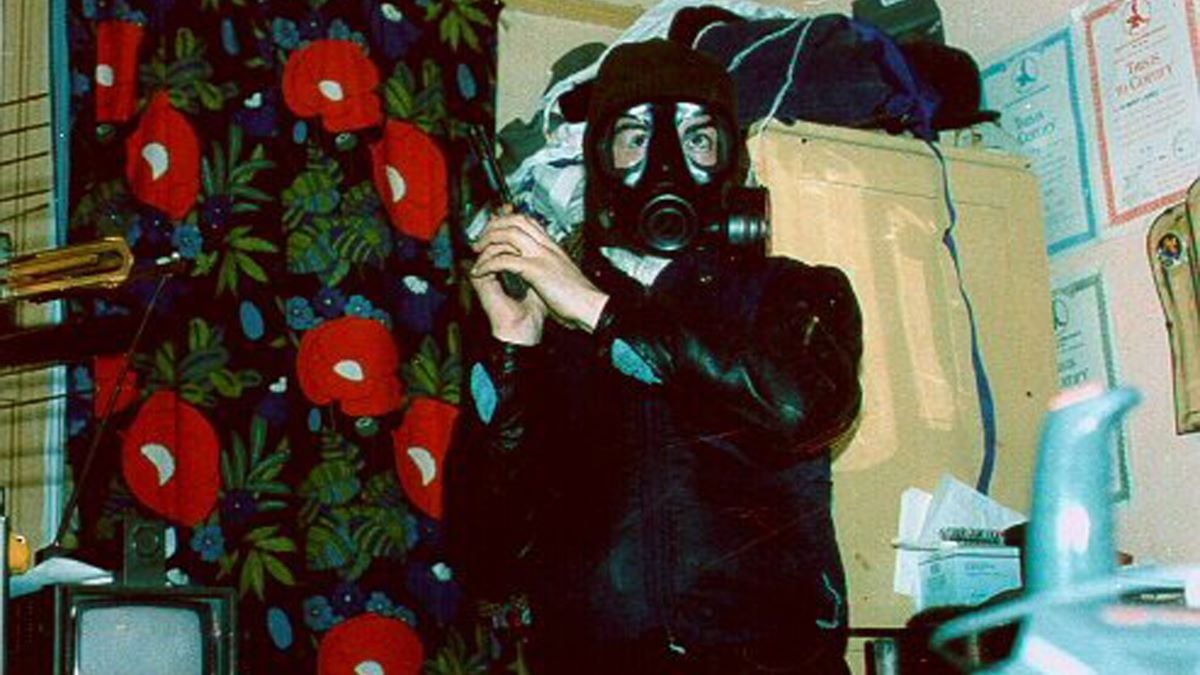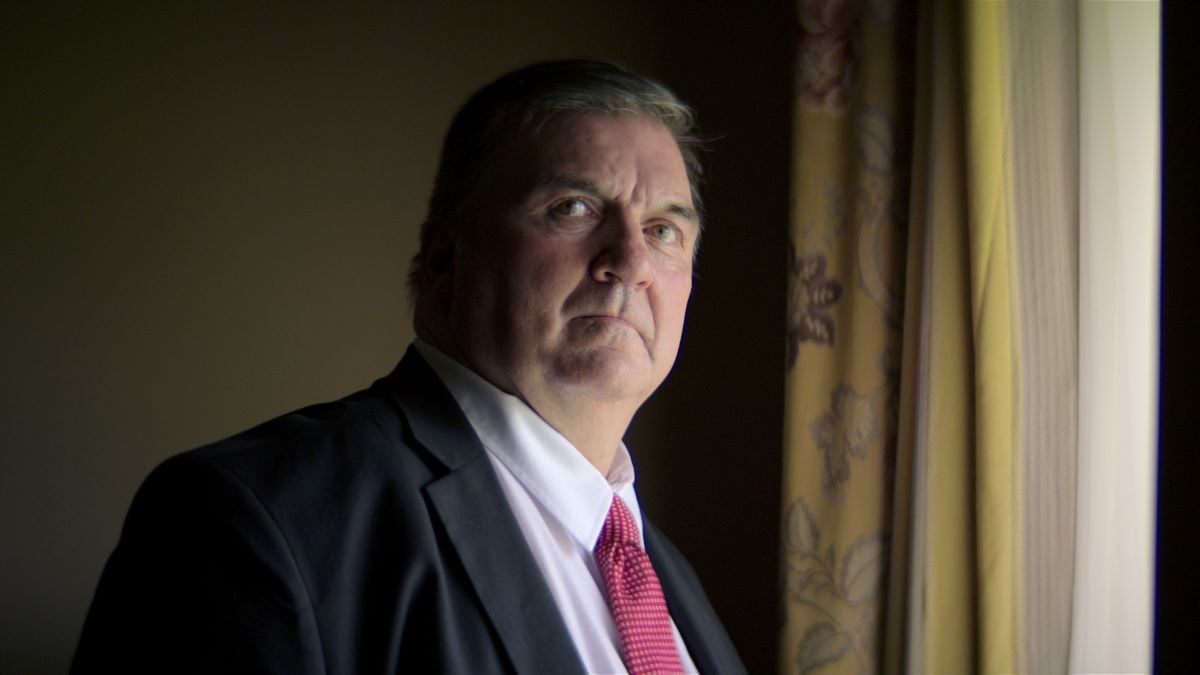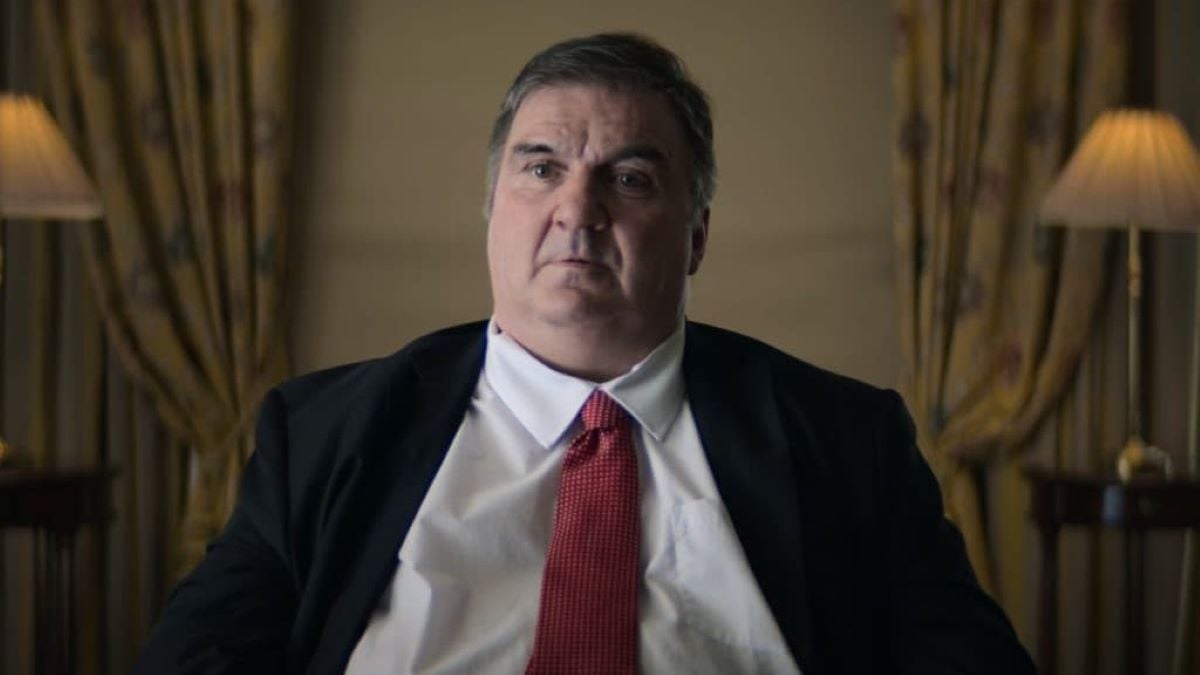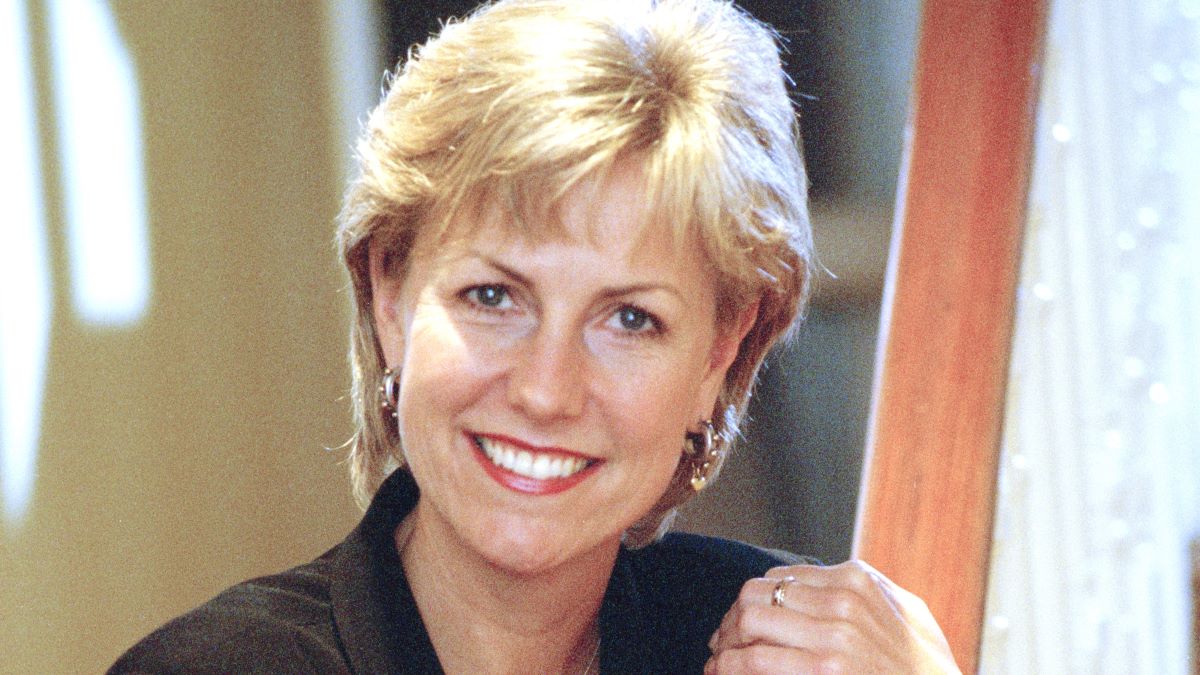True crime fans will be enjoying Netflix’s latest gripping documentary Who Killed Jill Dando? For British viewers this will be a familiar story: Dando was an enormously well-known BBC presenter who worked on shows like Crimewatch, Holiday and the Six O’Clock News. On April 26, 1999, she was shot in broad daylight in front of her house in the leafy London neighborhood of Fulham, and the culprit remains unknown,
Netflix’s documentary explores the case, examines the theories, and even speaks to a criminal who claims to know who did it but can’t say for fear of reprisal. But one particularly interesting figure wrapped up in the case is the man once convicted of her killing, Barry George, whose story is fascinating in its own right.
Who is Barry George?

Dando’s murder sparked one of the biggest Metropolitan Police investigations in years. Within six months the investigation team had spoken to 2,500 people and taken 1,000 statements, though had made little progress other than a single eye-witness who described the killer as “a six-foot-tall white man aged around 40”.
With no direct leads, the police focused on those with a criminal history living in the vicinity of the crime scene, eventually focusing on Barry George, who lived half a mile away.
George had a history of stalking women, sexual offenses, and attention-seeking behavior and was promptly put under surveillance, before being charged with the murder on May 28, 2000. The sole piece of forensic evidence relied upon was a single speck of alleged gunshot residue on his clothing. The prosecution relied on a photograph of him wearing a gas mask and wielding a pistol, together with his historic convictions. A jury found him guilty and he was sentenced to life imprisonment in 2001.
Appeals

George spent six years behind bars while the guilty verdict was challenged and, in November 2007, the Court of Appeal finally ruled that George’s conviction was unsafe and quashed it. Their reasoning was that the forensic evidence relating to the gunshot residue was unsound and its presence did not prove he’d fired a gun wearing that item of clothing.
A retrial took place in 2008 excluding the gunshot residue evidence and, after his defense team proved that witness evidence of George’s movements that day made it impossible for him to be present at the scene of the crime, he was acquitted of Dando’s murder and left court a free man.
After release

George promptly took multiple tabloid newspapers to court for libel, eventually settling out of court for undisclosed sums. He also made a claim for compensation for wrongful imprisonment and for being the victim of a miscarriage of justice, but was denied on the basis that a jury could have rightly convicted him of murder on the evidence presented to them.
Despite being acquitted he still feels in danger of reprisal, claiming in 2018 that after his acquittal, he was threatened by a mysterious man:
“When I was in emergency accommodation in Hackney, I was stood in a long hallway and I had a gun put to my head and was told ‘Watch your back’.”
Following this he confessed to feeling unsafe in the United Kingdom and moved to Cork, Ireland to live with his sister, where he remains to this day.
George also claims the experience of being wrongfully imprisoned haunts him and his family and that he’s still trying to get past it:
“I have my difficulties, but I don’t let that get in the way of defending myself.”
Now he’s appeared in Who Killed Jill Dando? to give his side of the story, believing that the show would once again prove that “there’s no way I could have done this” and wanting to communicate that “it makes me angry that they have taken eight years of my life.” When asked if he felt free, he says:
“Not when I feel like I’m having to look over my shoulder all the time in case there are people following me about, or police forces potentially trying to fit me up for something else. In that sense, I don’t feel free.”
Aside from this rare public appearance, George is otherwise leading a quiet life in Cork, and after what he’s been through, who can blame him?
As for who actually did the crime? Well, it seems that somebody out there knows the truth, though at this point the only chance of solving one of the United Kingdom’s most famous unsolved murders may well be a deathbed confession. Here’s hoping the fresh publicity this documentary will bring sheds some light on what really happened back in 1999.

